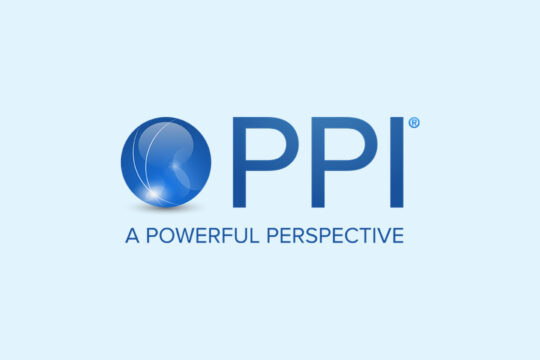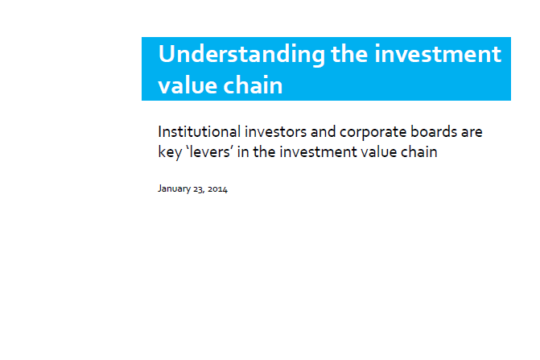On 15 May 2024, FCLTGlobal joined the Pacific Pension Institute at its “PPI in Residence” salon in New York City to lead a discussion on overcoming short-term pressures and fostering a long-term investment ecosystem centered on meeting savers’ needs.
PPI members representing pensions, insurance companies, consultancies, and asset management firms from around the world engaged in this discussion, describing the specific short-term pressures they face and the tools they need to maintain a long-term orientation.
What does it mean to be long term?
Long-term behavior depends on a long-term approach to several strategic levers, including governance, incentives, stakeholder engagement, and organizational metrics. Breakout discussions focused on actions investors can take to find alignment in these areas both within their own organizations and across the value chain.
“We need corporations in our portfolios to focus their capital on the long term.”
Finding common ground in governance
Exercising a balance of independence and trust is essential to long-term governance, particularly between asset owners’ boards and sponsors. Trustees represent the interests of savers, rather than those of the institution, staff, or themselves. One participant noted that socio-economic diversity on the board can help center the interests of savers:
“You want the board to represent the interests of beneficiaries at all times. You don’t want them so independent that the only interests they have are their own.”
Participants noted that defining “long-term” starts at the top, with the board of directors. Instilling a strong commitment to long-term value creation includes setting incentives that motivate long-term performance on behalf of savers; leading boards are already exercising such a focus.
“Our board switched from a 3–5-year strategic plan to a 7-10-year plan… to not match the cycle of the average CIO tenure.”
Metrics set the tone for owner-manager relationships
If mismanaged, the relationship between asset owners and managers presents a classic time-horizon mismatch. Participants emphasized that a relationship centered around a long-term approach is critical to a successful partnership:
“Selling is a short-term activity, maintaining relationships is a long-term endeavor; similarly, a transactional mindset is short-term, whereas a social mindset is long-term.”
This relationship must be supported by a focus on long-term performance in investment mandates, manager-client engagements, and reporting on metrics that reflect long-term targets.
“We don’t report on performance for under 1 year, and ideally we would not report performance under 3 years.”
“Our organization reports performance since inception, to showcase the history of the strategy – that’s over 50 years.”
Long-term incentives produce long-term performance
Structuring long-term incentives requires a multifaceted approach that solves for multiple outcomes. For instance, clients have liquidity needs in addition to performance expectations.
“When your clients are investing in a 50-year time horizon, how do you structure competitive incentives (financial and non-financial) so that your investment professionals stay?”
Finally, one participant shared that when thinking about the diversity of investment decision-makers, retention is critical. Time alone won’t resolve the issue – investment firms can’t simply wait for diverse junior investors to rise in their careers to improve diversity at the decision-making level. If the organization lacks a culture of inclusion, diverse professionals will leave.
Retention also depends on non-financial considerations such as work-life balance, diversity, and professional development. Organizations that understand this tend to have better retention and over-perform.
“Our younger employees value work-life-balance almost as much as financial compensation.”
The discussions at PPI in Residence salon underscored the essential elements for fostering a long-term investment ecosystem. By focusing on strategic governance, aligning incentives, and emphasizing long-term metrics, institutional investors can effectively support the financial goals of savers worldwide. The insights shared by PPI members illustrate the practical steps necessary to overcome short-term pressures, fostering a culture that prioritizes sustainable growth – the collaborative efforts of asset owners and managers, and the entire global investment value chain, will be pivotal in creating a resilient and inclusive financial future.



